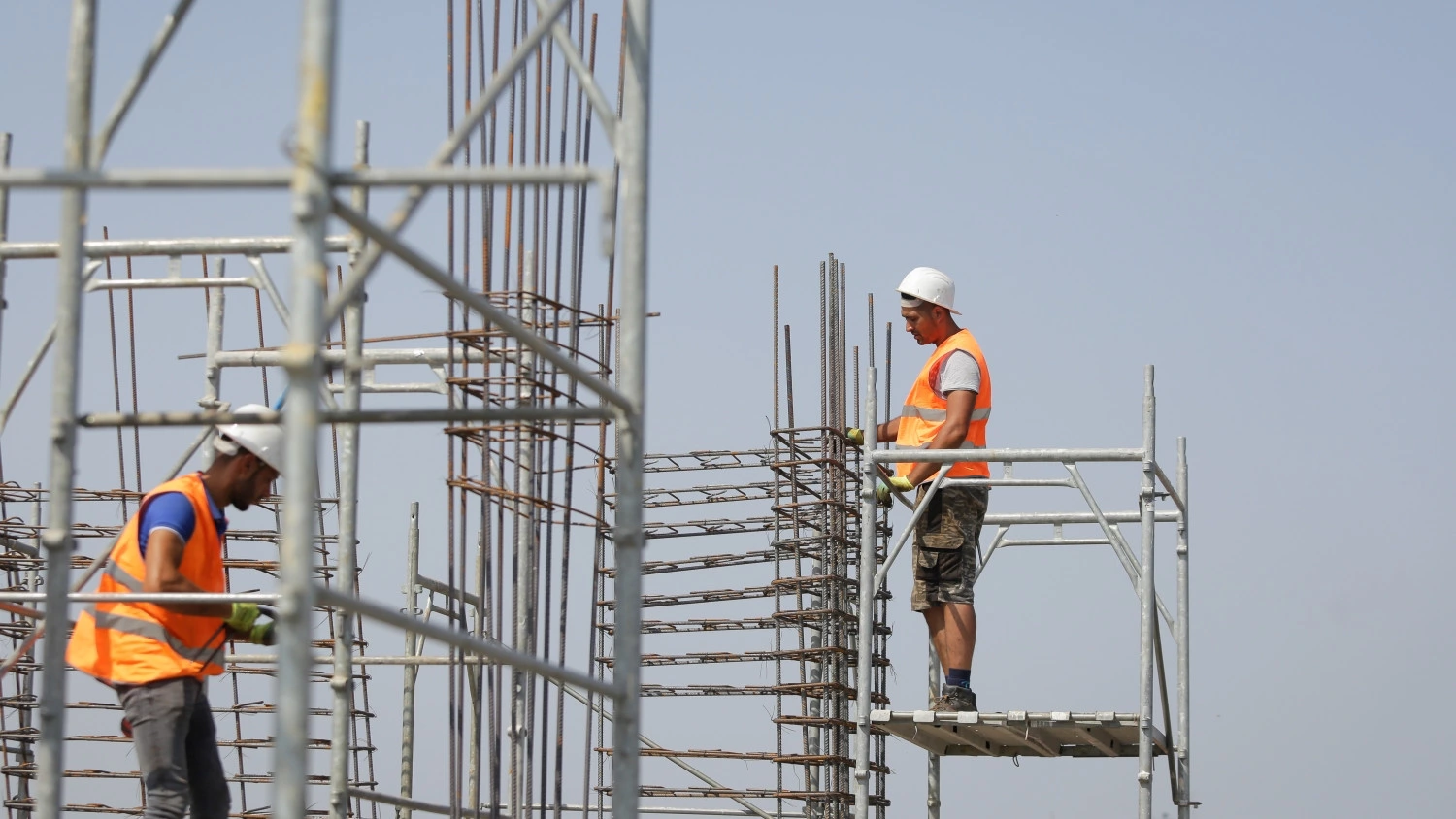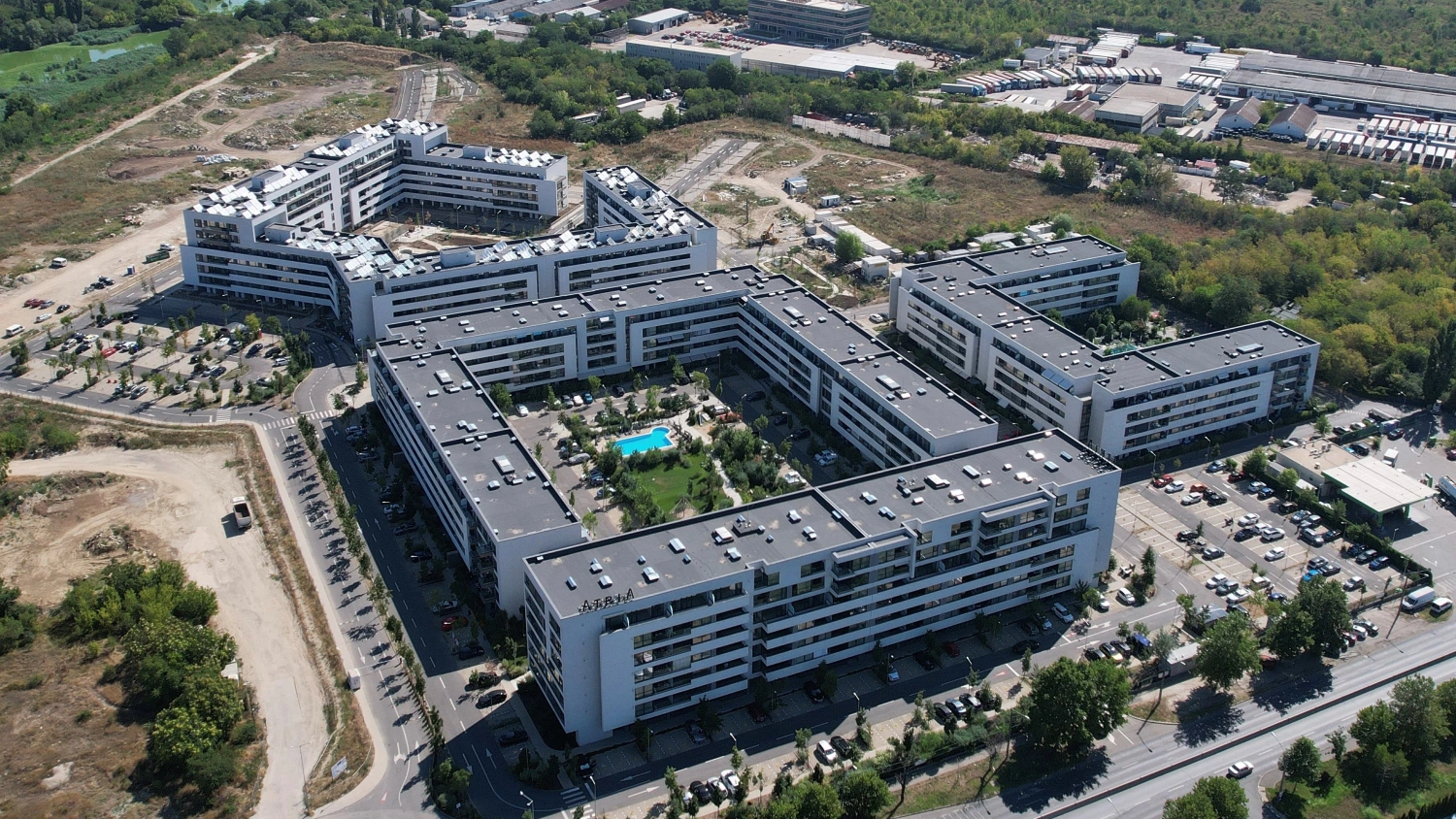How attractive is the current tax regime in Romania for property investments?
The current tax regime in Romania offers both opportunities and challenges for property investments. While Romania's fiscalization of the economy stands at approximately 30%, it has an expected public budget deficit exceeding 8% for 2024.
Thus, it already seems that receipts from taxes are insufficient to fully fund essential public services like healthcare, education, infrastructure, and pensions - especially given the ageing population and pressures on the pension system.
To ensure sustainable public finances and prevent the need for higher taxes, it is crucial to first reduce the size of the informal economy.
On the positive side, Romania's 16% corporate income tax rate is relatively attractive, especially in comparison to other European countries, and it aligns closely with the 15% rate under the EU's Pillar II legislation. However, one area of concern for property investors is the annual limitation on interest deductibility for both third-party and Group Finance, which can increase the effective tax burden temporarily for some businesses involved in property development and investment.
A useful measure would be for the Government to implement a reduced VAT rate for property renovations, similar to what has been done in other countries. This could help stimulate investment in the current residential stock.
This lower VAT rate, applicable to property owners investing in the upkeep of their own dwellings, could encourage a more active market for property renovations and repairs, further supporting the real estate sector and the wider economy.
Looking ahead, the expected cancellation of the micro-company tax regime in the next two years could open up opportunities for small and medium-sized enterprises (SMEs) involved in property investments. If a reduced corporate income tax is introduced for SMEs with annual profits of, for example, under €200,000, this would likely benefit smaller property investors and developers, motivating them to invest in Romania's real estate market.
How competitive is Romania's tax framework for property companies compared to other markets in CEE?
Romania's tax framework for property companies is competitive within the broader context in CEE, especially when considering the total investment package over the long term. The country presents a strong outlook, particularly in logistics, and residential sectors, which are expected to see steady demand in the coming years, with concentration in and around Bucharest and other major urban centers.
However, successful property investment in Romania is not just about tax advantages; it also depends on selecting the "right" locations. Investors should focus on areas where long-term infrastructure development is present or planned - such as schools, hospitals, public transport, and shopping centres. Location matters because projects in underdeveloped or poorly connected areas are less likely to succeed. While Romania's property market has been relatively forgiving, the long-term viability of a project will depend on the broader urban development plans.
For property companies, those that rely heavily on local leverage may face a competitive disadvantage, especially if local financing conditions are not evolving. On the other hand, companies looking to sell individual projects structured under SPVs may continue to benefit from favourable tax treatments in Romania from a capital gains perspective.
How is Forvis Mazars supporting clients from the real estate sector in Romania?
Forvis Mazars leverages its deep industry knowledge and multi-disciplinary approach to provide tailored solutions that help clients in the real estate sector navigate complex financial, regulatory, and operational challenges. Through our various business lines - Audit, Tax, Outsourcing (Accounting and HR & Payroll), Consulting, Financial Advisory, and Sustainability - we offer comprehensive support to help clients optimise their business operations, manage risks, and achieve sustainable growth in Romania's dynamic real estate market.
Our specialists work with investors and asset managers to identify the right opportunities in a market where navigating regulation, taxation and location is essential for successful outcomes.
For over 10 years in Romania, we have been providing accounting, tax compliance, and HR & payroll services to one of the world's top developers and construction companies. More recently, we have delivered due diligence services to a leading logistics real estate player, as well as to an established, highly profitable family of property investment and management companies. These engagements underscore our strong industry expertise and demonstrate our ability to support clients across a range of complex real estate and investment activities.
Do you expect any major changes to the tax regime next year that will influence property companies?
Several key areas of the tax regime in Romania are likely to undergo changes in the coming year, which could have a significant impact on property companies. Key decisions are expected in areas such as VAT, local taxes, health and pension contributions, and micro-company taxation. While the direction of these changes is relatively clear, it is anticipated that most of these measures will be implemented after the elections, likely from Q1 2025 onwards.
One of the issues for property investors and companies is the difference in local tax treatment between legal entities and private individuals with significant disparity in how taxes are applied to real estate owned depending on the owner.
It would make sense to move towards a more consistent approach, where the taxable base for both legal entities and individuals is aligned with the market value of the property. In this respect, steps have been taken by the Romanian Government, but the application of a nationwide valuation system for local tax purposes has been postponed several times, the latest now up to 1 January 2026; difficulty in implementation has been in terms of standardisation of the property valuation mechanism and centralising the various information databases.
Additionally, while local taxes on property owned by legal entities are relatively high compared to other countries, market practice in Romania still largely shifts these costs onto tenants, particularly in the office and retail sectors.
This is common practice, but there may be an evolution towards a more balanced approach, where the cost burden is shared more equitably between property owners and tenants.
Such a change could have implications for lease structures and the overall cost of doing business in the real estate sector.
How important is the tax framework for a real estate company that aims to enter Romania?
The tax framework is crucial for a real estate company looking to enter the Romanian market, as it directly impacts both the investment climate and the long-term viability of projects. Stability and predictability in the tax system are key factors for both investors and end-users, particularly for those making long-term commitments in the real estate sector.
Unfortunately, Romania has seen frequent and sometimes significant changes to its tax framework in recent years, which can create uncertainty for businesses and investors. These fluctuations can affect decision-making and increase operational complexity as companies seek a predictable environment for planning and risk management.
For a real estate company entering the market, understanding the potential tax risks and the government's approach to future reforms is essential. A stable and transparent tax system would foster greater confidence among investors and help attract more foreign capital, contributing to the overall growth and development of Romania's real estate sector.
What are some taxation trends you are seeing in the local market?
In recent years, there has been a clear trend towards increased reporting requirements, which come both from local initiatives and from European legislation. Companies are facing a growing administrative burden as compliance obligations expand, driven by initiatives such as Romania's SAF-T (Standard Audit File for Tax), e-invoicing, and e-transport systems, as well as broader European regulations like DAC 6, Pillar II, and Public Country-by-Country Reporting.
As a result, businesses have seen an increase in their compliance costs, largely due to the need to adopt new reporting systems and integrate these changes into their operations. From a local perspective, the implementation of SAF-T and e-Invoicing has added complexity, while at the European level, regulations like DAC 6 and Pillar II require extensive reporting on cross-border transactions and tax arrangements.
Looking ahead, we expect tax compliance to become increasingly digitalised, with more reporting processes being automated and integrated into accounting software. This shift should help streamline compliance, reduce manual work, and potentially lower long-term costs.
However, the rapid pace of implementing these new reporting requirements, combined with frequent changes in legislation, has led many companies to take a cautious approach. Some are waiting for further clarification before investing in comprehensive, costly compliance tools.
We anticipate that, over time, advancements in accounting technology will help make the process more efficient, reducing both the time and cost associated with tax compliance.
Also, there has been an initiative in Parliament to implement a regulatory and tax regime for Real Estate Investment Trusts (REITs). However, while part of the regulations proposed for Romania are clear and in line with the practice of other countries that have a tradition with REITs, there are provisions thereof that require debate and clarification, especially in terms of the applicable tax framework, until this legislation is enacted.










